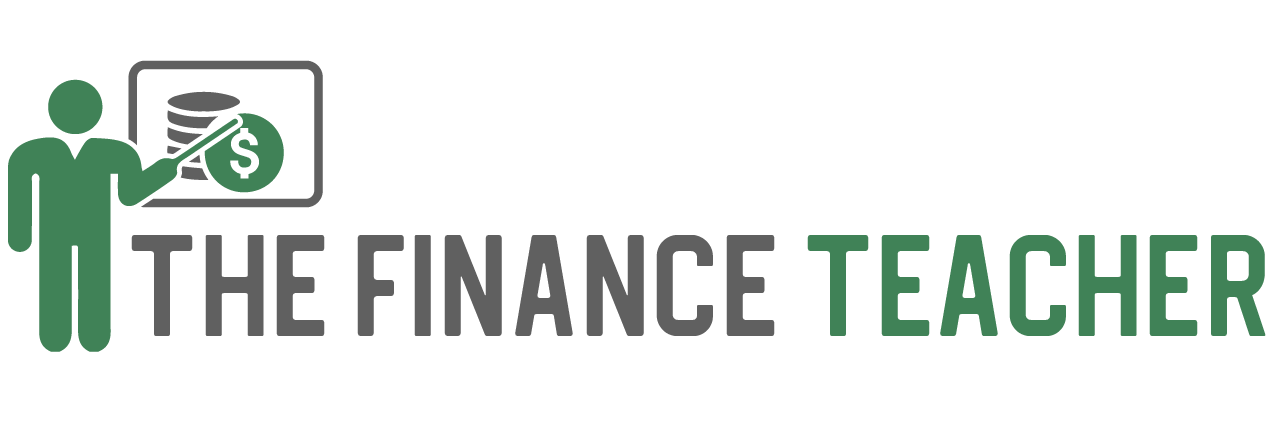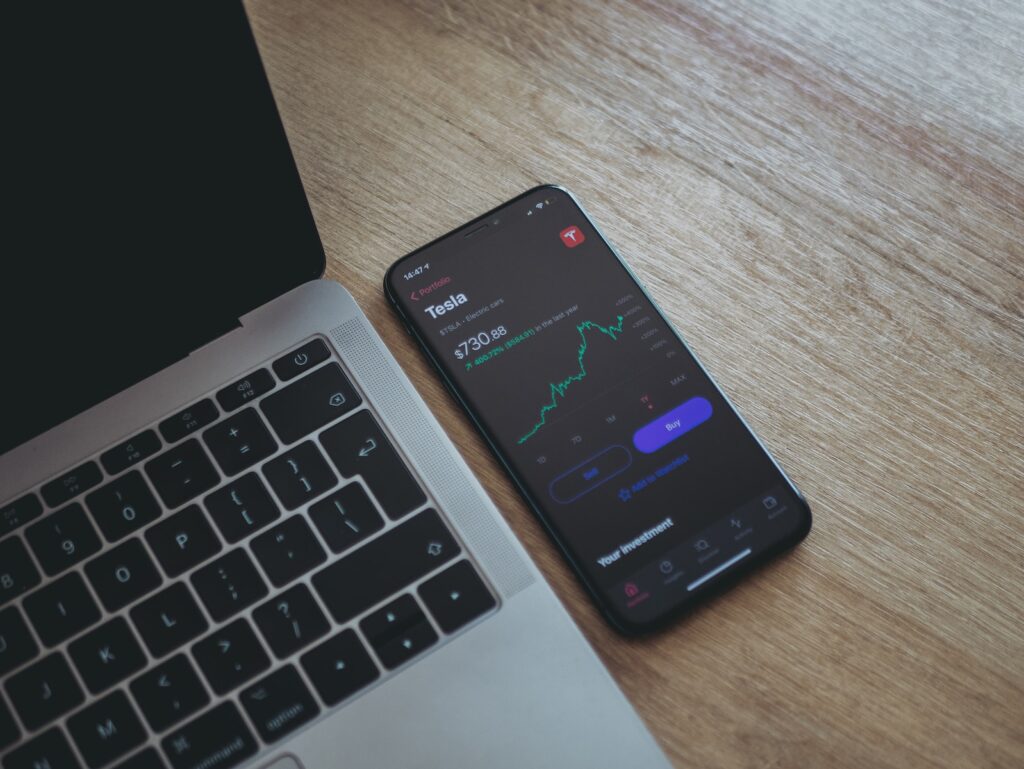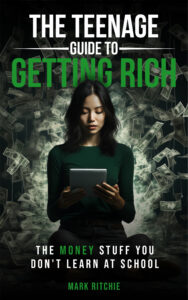You’re Not Too Young To Become An Investor
One of the things that students really want to know is how they can get started in becoming a young investor. They want to know how to buy their first share or index fund and how to monitor its progress. Of course, they also want to know which investment option to begin with. This was the exact conversation that took place in this week’s Young Investors club at my school.
Table of Contents
ToggleYoung Investor
This week it was back to work after a well-earned winter break for both students and teachers. This means that our fledgling Young Investors club would meet again after school on Tuesday.
A small group of boys from my Grade 10 class gathered to learn more about money and investing. Led by myself along with 2 Grade 11 students, we picked up our discussions regarding investment options. They had previously been introduced to the stock market through aa simulation game called ‘How The Market Works’. But they were keen to explore all other options as well.
The meeting focused on the pros and cons of different investment options. As always, there were many questions. The Grade 11 leaders presented various investment options, ranging from fixed-term deposits to real estate and even cryptocurrency. Discussion focused on the pros and cons of each option as well as the difference between short-term and long-term investment goals. The consensus in the end was that investing in the stock market was their preferred starting point in their journey to become an investor.
Getting Started In Becoming A Young Investor
But where does a teenager begin when it comes to investing in the stock market? It’s one thing to do your research and to listen to advice from teachers, parents and mentors and then to agree that it’s time to get started on your financial journey. But can a teenager, still at school actually start investing? And if so, how do they begin?
If you’re already 18 you can certainly open some kind of brokerage account. You will find several options online through options such as Webull or Moomoo. You could even be able to use an investment app.
A simple search online will see various well-known apps for getting started investing. Robinhood and Betterment are examples of options available. These apps allow for the purchase of individual stocks in large public companies or index funds and mutual funds. Stake is an Australian app that I use myself.
Starting Small And Playing The Long Game
Although it is great that it has become easier for the average person to become an investor thanks to these kinds of online options, there are also some dangers. Yes, it’s easier to invest. But there are rules that you should follow.
You should invest for the long term and not expect some magical get-rich thing to happen. This is not about ‘day trading’. Investing by using these apps is a good starting point as long as you are responsible and have a long-term mindset. As suggested in many of my other posts, the best option is to stick with investing in an index fund that tracks the S&P 500.
There are even microinvesting apps such as Acorns where you can start very small and learn as you go.
Acorns (known as Raiz in Australia) uses round-ups where small portions of every purchase on a designated credit or debit card are ‘rounded up’ and invested. Let’s just say that you use a debit card to buy a coffee for $4.75. The purchase gets rounded up to $5 and 25 cents is invested into an investment account. This can accumulate over time. Acorns also allows you to simply invest normally in simple diversified portfolios any time you like.
What Markets Can You Invest In?
Some of these options are restricted by your country of residence. Many investors want to invest in US stocks or index funds, which may not always be available in some countries. My use of Stake does allow me to invest in the US as well as Australian stock markets.
It could be that your location restricts you to investing in the stock market of your country of residence. You will need to do some research yourself to find out what is possible. You can also use your own bank’s website to see what investment options they provide.
At the very least, your bank will offer fixed-term deposits which could be a good starting point. Fixed-term deposits offer a higher interest rate than your savings account. Investing here will get you started in developing good savings habits that will provide funds for future investing once you know what you want to invest in.
The most important thing is to just get started. Getting started will encourage you to learn more and that really is the key. Investing is a continuous learning journey which should begin when you are still young.
But What If You Are Not Yet 18?
If you are under 18 then you will probably need to open what is called a custodial account in the US or a Junior ISA in the UK. In fact it will need to be your parents that will open this account for you. This will be an account that your parents technically have control over but is passed onto you once you reach a certain age (likely 18 years old). If you are in the US, some reputable brokerage platforms that can help set up a custodial account include Vanguard, Charles Schwab and TD Ameritrade.
So, you will need to discuss your plans with your parents. This is actually a great thing because it will force you to explain your understanding of investment to your parents. In order to do so you of course will need to understand all of these investment options first. You will need to convince somebody that you know what you are talking about.
What Should You Actually Invest In?
The first thing that I would like to mention here is that it’s more important that you actually just get started and begin learning about how investing works than it is to stress about what to invest in. Learning is the important thing at this stage.
For this reason, you may want to invest in a few different things. This will encourage you to learn about each option.
I would highly recommend that the main part of your portfolio, however, is invested in index funds that track the S&P 500. This means that you have a very small stake in each of the top 500 public companies in the US stock market. Your investment returns will very closely align with how the whole US market is performing which has achieved an average 10% annual return over the past 100 years.
You may also consider selecting one or two well-known public companies to buy small amounts into. This will incentivise you to learn more about what makes companies successful as well as to experience the constant fluctuations of share prices.
It may sound cliched I know, but the best investment is in your own education. You will need to learn a lot more about how investing works in order to succeed. The best way to learn anything is by doing. But you should also be reading books about investing in order to grow your knowledge.
The key takeaway from this discussion is that you can definitely become an investor if you are young and even if you are under 18 and still in school. Don’t let age stop you from beginning and from continuing to learn about this very important subject that maybe you haven’t learnt at school.
Related articles: The Financial Roadmap For High School Graduates










Insightful read! Your analysis is spot-on. For more detailed information, visit: READ MORE. Eager to see what others have to say!
You’ve written terrific content on this topic, which goes to show how knowledgable you are on this subject. I happen to cover about Airport Transfer on my personal blog 71N and would appreciate some feedback. Thank you and keep posting good stuff!